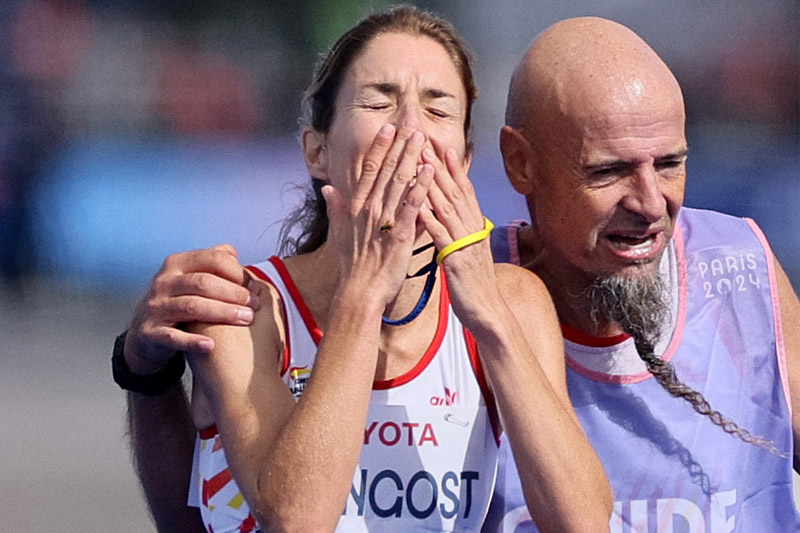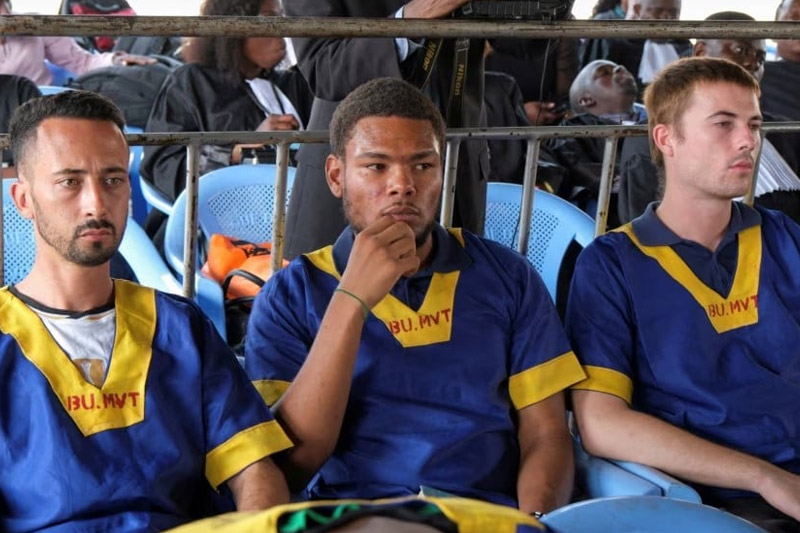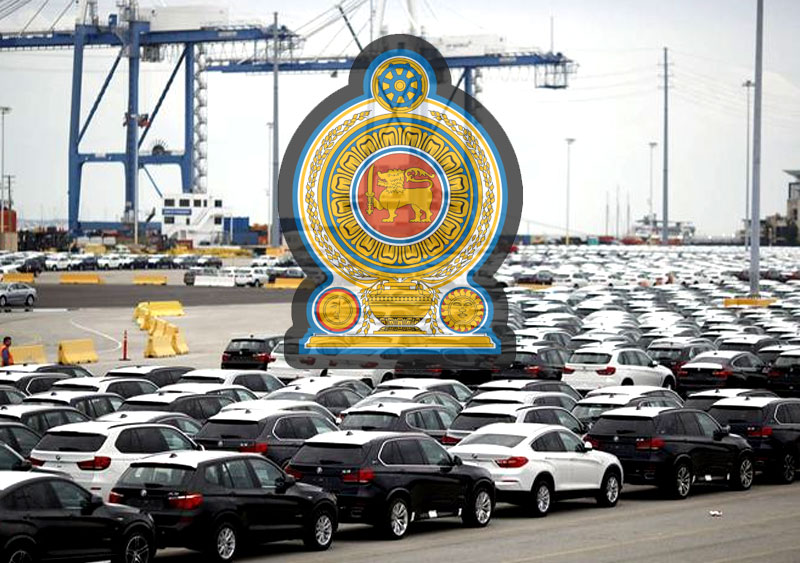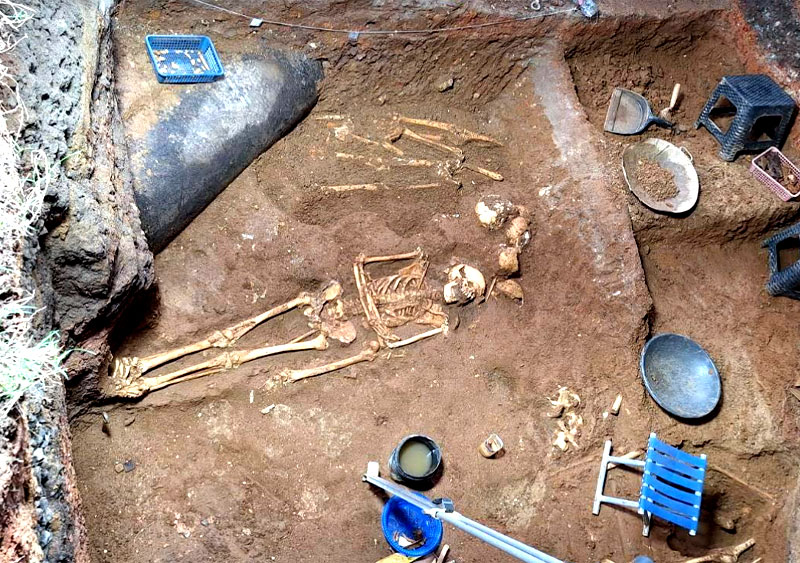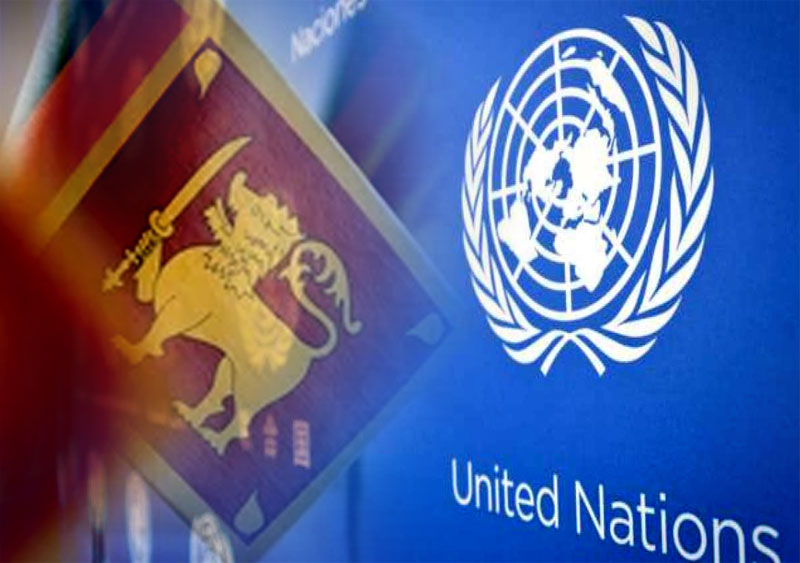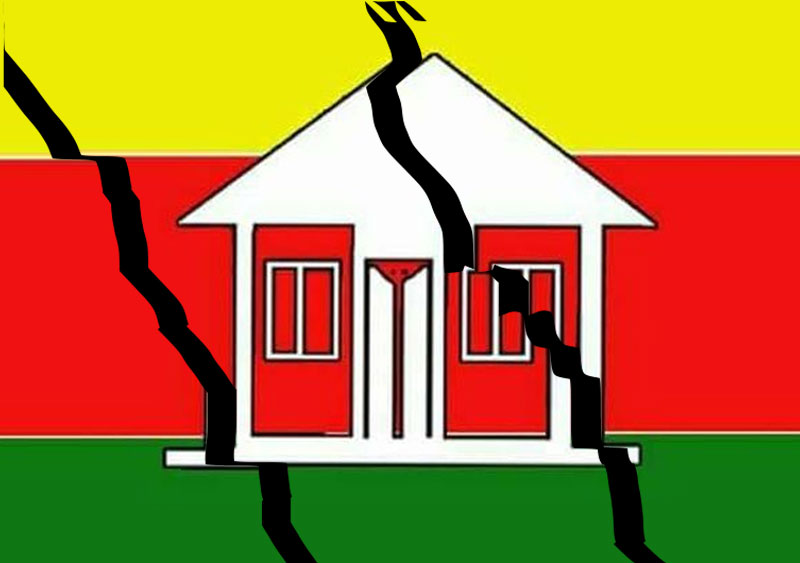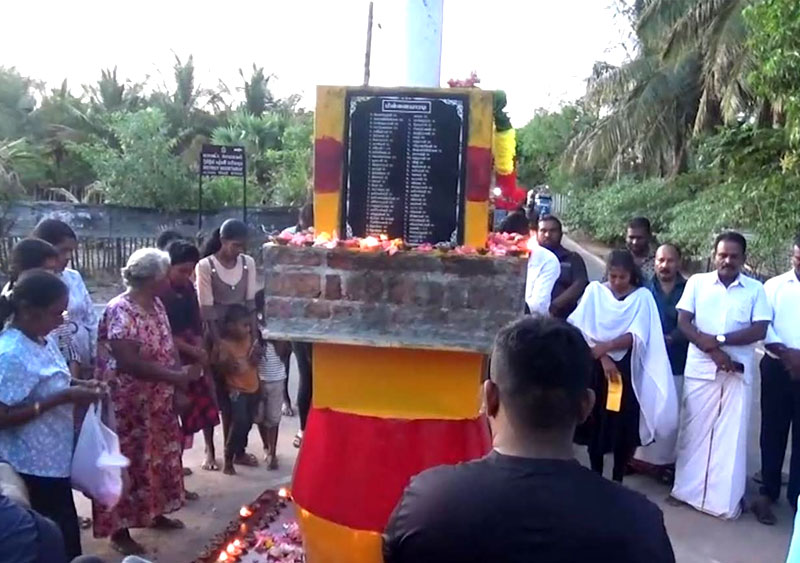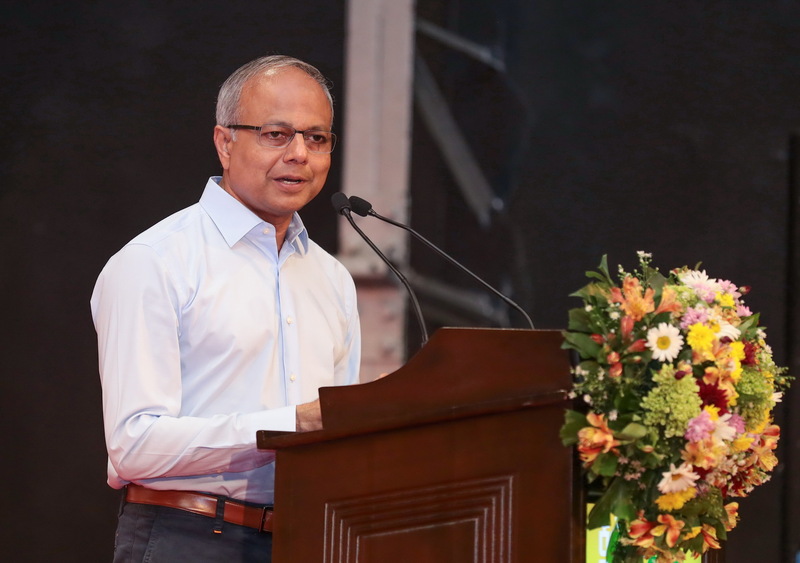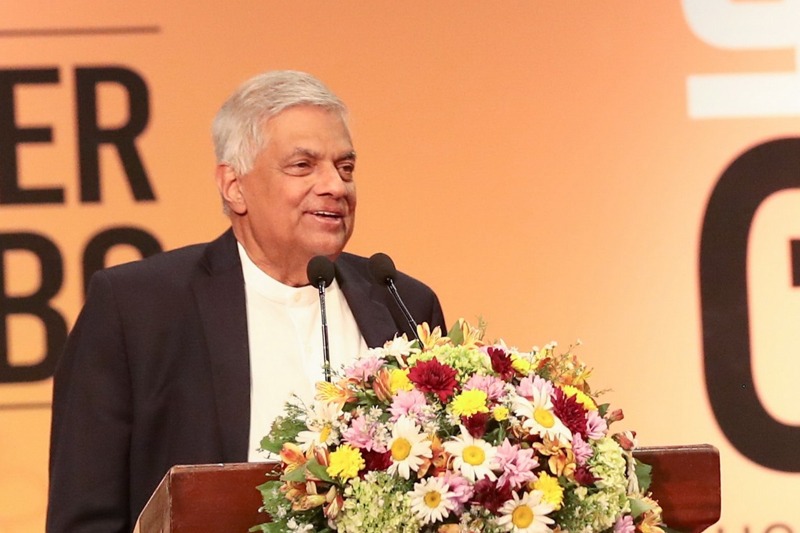The Eelam Tamil liberation struggle is multifaceted, with each dimension running parallel but beginning and ending with a shared goal. Viraj Mendis played a crucial role in this struggle, particularly through his political activism, which involves constructing counter-narratives as opposed to dominant narratives with praxis.
His contributions became even more vital and liberated in the context of the political events leading up to the Mullivaikkal massacre (Mullivaikal massacre is the zenith of Tamil genocide, though Tamil genocide was a historical process ) and the ongoing struggles in the Tamil homeland. Exploring Viraj's efforts across various platforms will help further the Eelam Tamil liberation movement.
After the Mullivaikkal tragedy, attempts were made to shift the liberation paradigm and collective liberative agency away from the Tamil homeland and place it under the United Nations purview, with the U.S. and U.K. being introduced as liberation agents. Viraj, however, opened the platform of political activism for public discourse after 2009, deconstructing the imperial empire’s meta-narrative. He logically argued that the ban on the Liberation Tigers and their exclusion from the 2002 peace talks were key factors leading to the Mullivaikkal massacre, thereby exposing the complicity of both the U.K. and the U.S. as being complicit in the Tamil genocide.
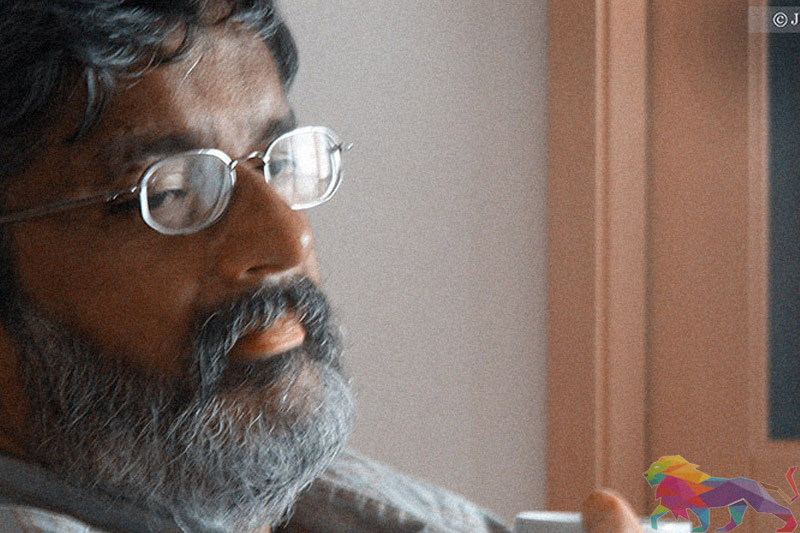
Viraj Mendis brought to light the American and British government's complicity in the Eelam Tamil massacre through three Peoples’ Tribunals that he organised. The video last uploaded on his website and description detail how European countries, under U.S. pressure, abandoned the peace talks, ultimately giving the Sri Lankan government a green light to crush the armed liberation struggle with military means. Viraj adopted left-radical politics, geopolitical analysis, and discourse against imperial policies to maintain the agency of the Eelam Tamil liberation struggle, thus advancing it to the next stage. He firmly believed that the unitary system, constructed by the U.K. to maintain its empire in Asia, historically evolved, leading to Mullivaikkal. He consistently spoke out against the role of British colonialism in the massacre of Eelam Tamils.
After 2009, the focus of Eelam Tamil liberation activism shifted to the UN Core Group, a well-known fact. Yet, Viraj redirected this focus toward Latin American countries, taking the initiative to do so. The fact that May 18, the remembrance day of the Eelam Tamil massacre, is still observed in various Latin American countries attests to this. He utilised remembrance as a strategy to keep political activism alive. Furthermore, many judges in the last People’s Tribunal were not only from Latin American countries but also represented various indigenous groups fighting for land reclamation, who actively participated.
The ongoing 'Nathan Thambi case' in Germany holds significant importance in the post-2009 international political platform concerning the Eelam Tamil liberation. Viraj argued that Nathan Thambi and Anandaraj raised funds for the Liberation Tigers of Tamil Eelam (LTTE) because they were the only force capable of preventing the massacre of Tamils in their homeland. The ban on the LTTE by the European Union removed the protective shield for the Tamil people. Listing the LTTE as a terrorist organization not only suppressed their field activities but also criminalized fundraising for them. These factors allowed the Sri Lankan government to carry out the Mullivaikkal massacre. Through this, Viraj established evidence of complicity in the massacre. It is indeed tragic that Viraj passed away before this verdict was delivered.
As a Sinhalese, Viraj also built a support base for the Eelam Tamil struggle among the Sinhalese population and led efforts to ensure this support base continued. There is ample public evidence of his contributions. Those who sought political asylum in Germany and benefited from his support knew well of his dedication to justice.
Viraj’s journey in political activism began when he was admitted to the British university as an engineering student at 17. London opened his eyes to the reality of rejecting racism and otherness, which politicised him. He began his activism by joining leftist groups and organising protests against racism and imperialism in London. During this time, he also led campaigns demanding the British Army’s withdrawal from Ireland and initiated efforts to build a support base for the Eelam Tamil liberation struggle in Britain.
Viraj’s political activism took precedence over his education. Although his visa expired, immigration authorities initially ignored this. However, they refused to allow him to remain in the U.K. 11 years later, in 1989, citing the 15 deportation incidents his organisation had prevented. He was at risk of deportation at any moment.
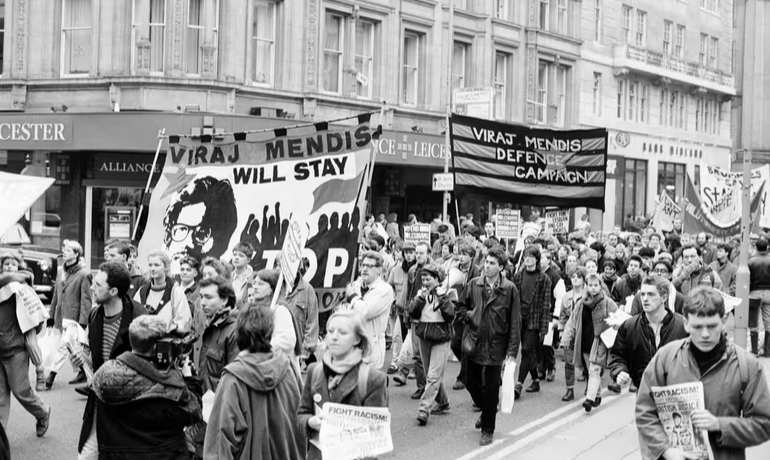
Protest against Mendis’s deportation in Manchester in 1988. Photograph: Mirrorpix/Getty Images
When legal efforts to prevent his deportation failed, Viraj sought political asylum in a church. He lived in a small sacristy of the church for nearly two years, using it as a platform for justice campaigns and community mobilisation—a strategy highlighted by Janath in his article as a new campaign method. Local residents organised security and campaigns to protect him from British immigration and law enforcement. On January 18, 1989, British police broke through the security zones, arrested him, and attempted to deport him. Though he had chained himself to a heater, the police broke it to detain him. Simultaneously, he submitted his application for political asylum. In 1989, the British government deported him to Sri Lanka.
From Sri Lanka, Viraj sought political asylum again and continued his efforts to strengthen the Tamil Eelam liberation struggle in Germany. When the priest who protected him passed away in 2010, British immigration authorities denied him permission to attend the final procession. Having lived in Germany for over 30 years, his contributions to international political activism were remarkable. Continuing the projects he left behind is the best tribute we can offer him.
About the Author
*Rev. Fr. Elil, an independent researcher from Jaffna, completed his Master’s degree in Political Science at the University of London. He published a poetry collection titled ‘Ullmai’ in 2006, which included reflections on the Tamil liberation struggle. In 2023, he published a collection of columns related to post-2009 Tamil national space and Tamil National Political Ideology titled ‘Pin Mullivaikkal’.
*The article was first published on Northeastern Monitor.












